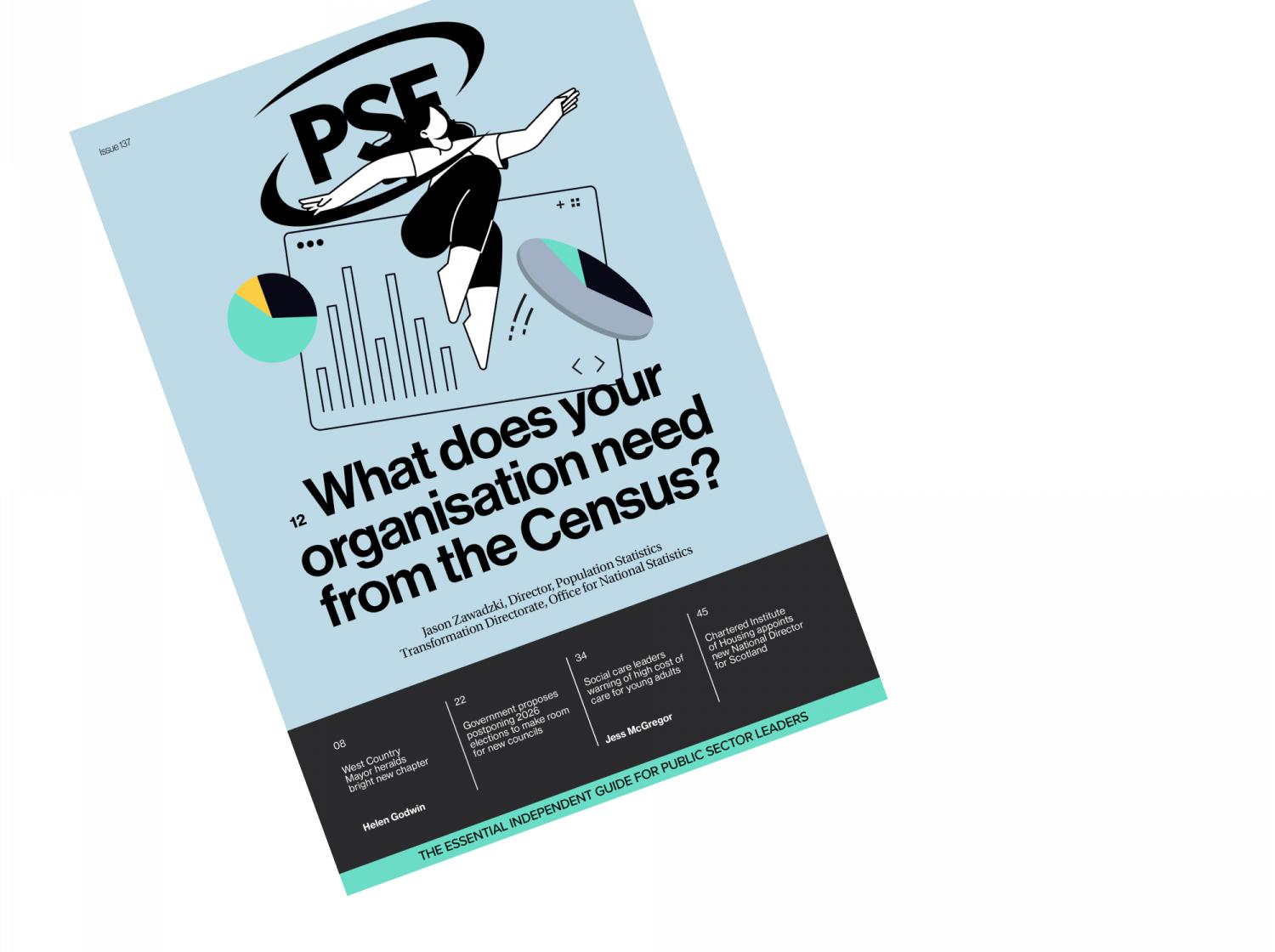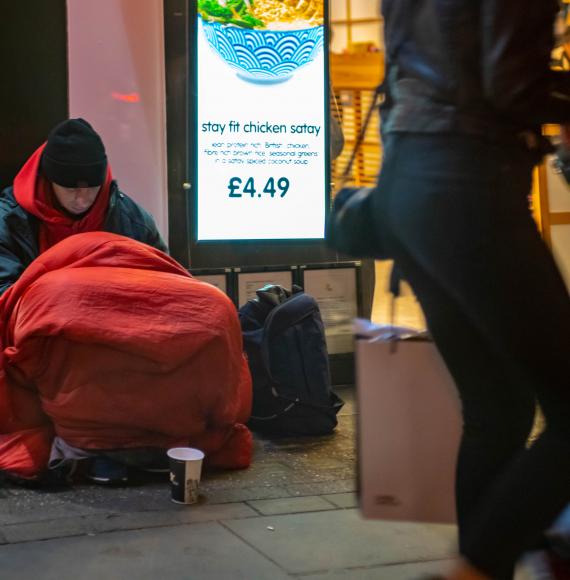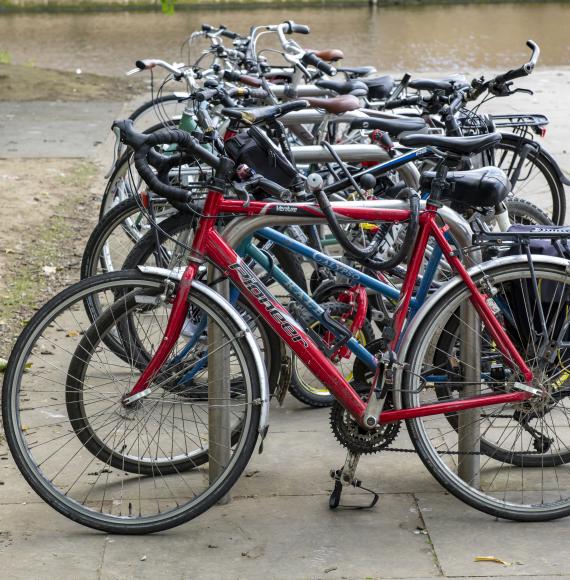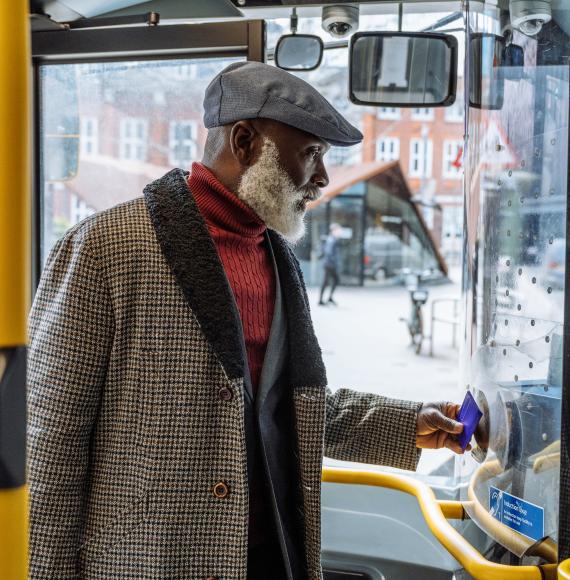The Institute for Fiscal Studies has released its first report of the year, titled Deaton Review of Inequalities: a New Year’s message.
The report outlines how Covid has not only highlighted inequalities in Britain, but how it has also made them worse.
The report focuses on key areas such as income, employment and education to objectively demonstrate that those from poorer backgrounds are worse off as a result of Covid, than those who are from privilege.
The report found that graduates were less likely to be out of work because of Covid, falling just 7% when compared to non-graduates who saw employment rates rise by 17% over the same period, showing that there is still a gap between those that go to university and those that don’t. Non-graduates are also more likely to have lost out on income due to an inability to do their job from home, having to choose between their health or their income.
The report also noted the gap in education that is only likely to get wider in the wake of the announcement of school closures in England. The report found that those that attend private schools were twice as likely to receive daily online teaching classes than those that attended state comprehensive schools.
The report seemed to shed some light on the impact that young people will face not only during the pandemic but after it. According to the IFS, pensioners are financially better off during the pandemic with younger people having to bear the brunt of the costs by losing income and by having to accept higher taxes in the coming years.



















